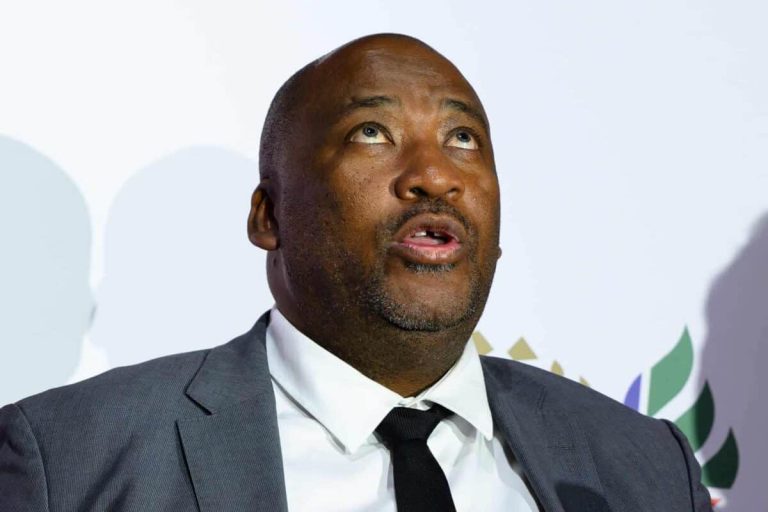
Presidential spokesperson defends policy amid backlash, says move will boost local refining and energy independence….
Spokesperson to President Bola Ahmed Tinubu, Sunday Dare, has described the president’s approval of a 15 per cent import duty on petrol and diesel as “a bridge, not a burden” for Nigerians.
Dare made the remark in a statement shared via his official X (formerly Twitter) account on Friday, while responding to public concerns over the new tariff’s potential impact on fuel prices.
The Federal Government’s approval of the import levy has triggered mixed reactions from citizens, economists, and industry stakeholders, with many warning that the move could further increase the price of petrol and diesel in the coming weeks.
Policy Designed to Encourage Local Refining — Dare
Offering clarification, Dare explained that the 15% import duty is part of a broader strategy to reduce Nigeria’s dependency on imported fuel, strengthen local refining capacity, and channel more oil wealth into domestic growth.
According to him, the policy aims to make imported fuel less competitive while creating a more favorable environment for local refineries such as the Dangote Refinery and other modular plants.
“It’s no longer news that President Bola Ahmed Tinubu has approved a 15 per cent import duty on petrol and diesel, a bold and strategic move aimed at reshaping Nigeria’s energy landscape,” Dare wrote.
“For years, the nation has depended heavily on imported fuel despite being a leading crude oil producer, draining foreign exchange and exporting jobs that should have been created at home.
This new policy is designed to reverse that trend by encouraging local refining, boosting domestic capacity, and ensuring that Nigeria’s oil wealth translates directly into national prosperity.”
Dare added that as local refining increases and supply improves, the market is expected to stabilize, leading to moderating fuel prices, expanded industrial activity, and more job opportunities.
“By making imported fuel less competitive, the government is tilting the market in favour of local refineries such as Dangote and other modular plants, laying the groundwork for a self-sustaining and resilient energy sector,” he noted.
“This policy is therefore not a burden, but a bridge, from dependence to independence, from vulnerability to strength.”
Mixed Reactions Trail Announcement
Despite Dare’s assurances, some political and industry voices have expressed reservations about the policy’s short-term impact.
A chieftain of the All Progressives Congress (APC) in Delta State, Ayiri Emami, cautioned on Thursday that the new import tariff could negatively affect Nigerians who are already battling high living costs.
As of Friday morning, petrol prices in Abuja hovered between ₦950 and ₦960 per litre, while analysts project that the new import duty could push pump prices above ₦1,000 per litre once implemented.
Energy Reform or New Burden?
The Federal Government insists that the policy will eventually stabilize Nigeria’s fuel market by promoting domestic refining and reducing reliance on imports that have long strained the country’s foreign exchange reserves.
However, for many Nigerians grappling with high transport and living costs, the immediate concern remains whether this “bridge” policy will deliver relief or deepen economic pain in the short term.



